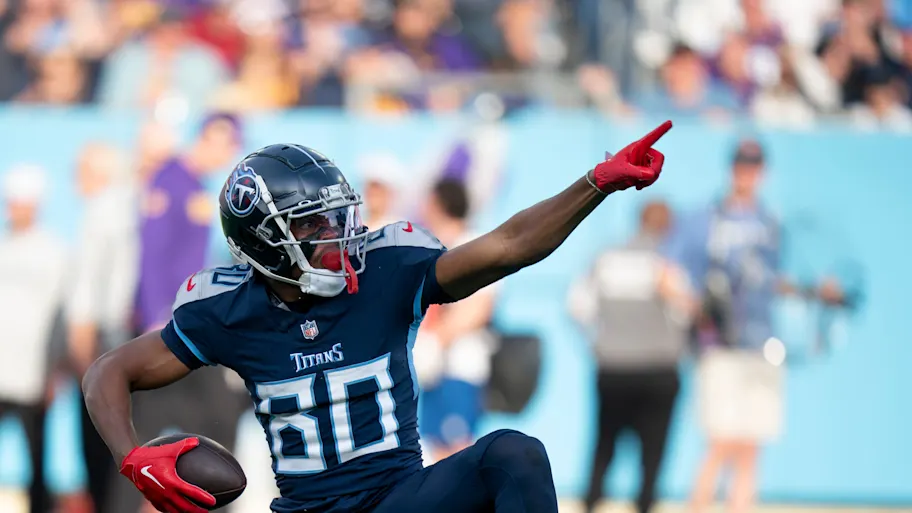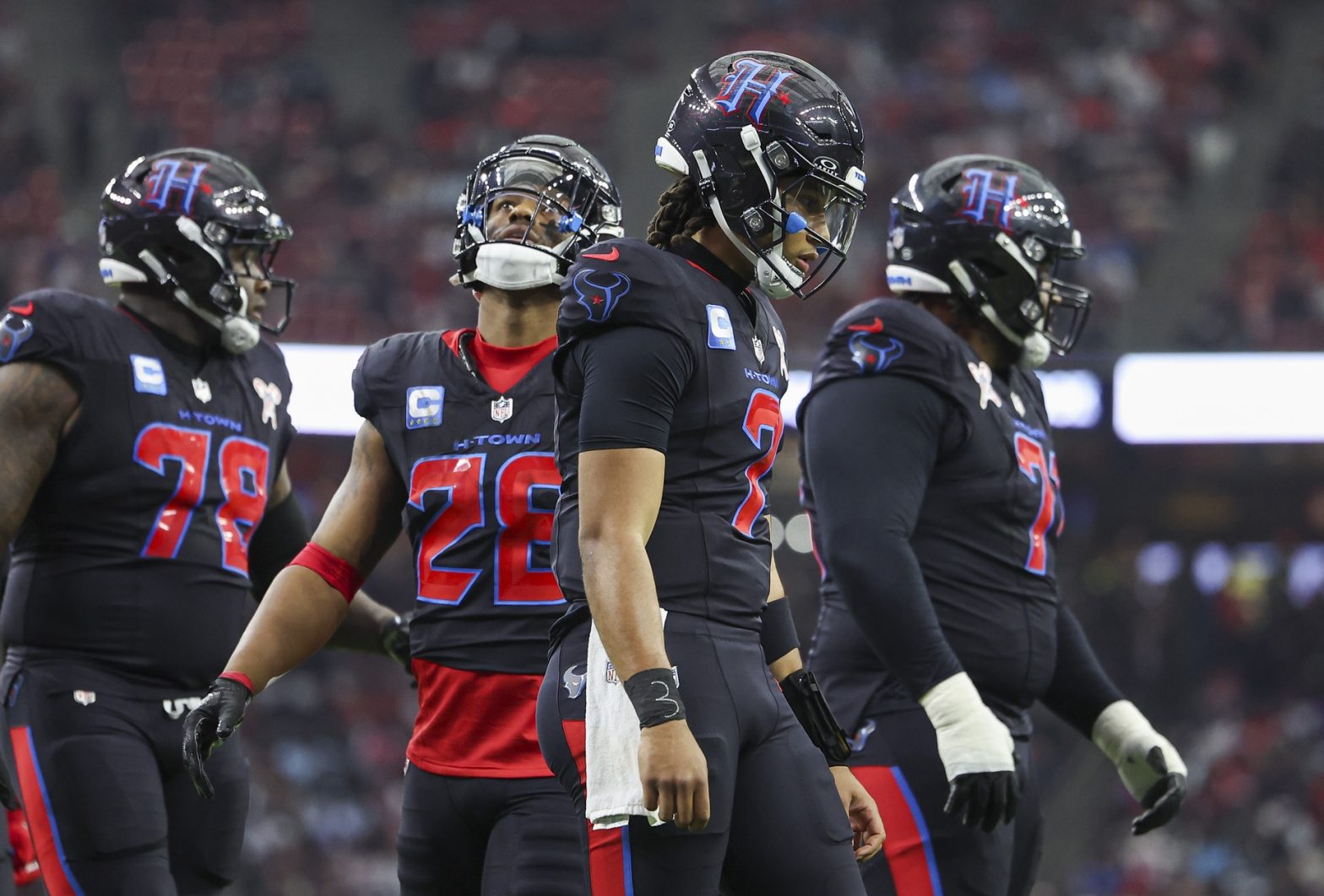The Tennessee Titans are nearing the end of a challenging season, sitting at a disappointing 3-13 record under first-year coach Brian Callahan. With only one game left, they hold the No. 3 draft pick position but have a chance to secure the top pick if they lose to the Houston Texans and the New England Patriots defeat the Buffalo Bills. A victory, however, could drop them as low as the seventh spot, creating a dilemma over the value of winning versus draft positioning. The emotional toll on Callahan and the team is evident as they grapple with the implications of their final game.
The idea of losing intentionally, or tanking, to improve draft positioning is highly controversial within the Titans’ locker room. Defensive lineman Jeffery Simmons strongly opposes the notion, stating that he would reject any tanking strategy. Simmons’ sentiment reflects a competitive culture where players prioritize winning over strategic losses. This perspective is shared by other Titans players, including receiver Tyler Boyd, who experienced a similar scenario with the Cincinnati Bengals in 2019. Despite the Bengals’ eventual selection of quarterback Joe Burrow that year, Boyd maintains that winning remains the priority, as no single draft pick can guarantee success.

The Titans’ quarterback situation further complicates matters. Callahan has alternated between Mason Rudolph and second-year quarterback Will Levis, neither of whom has provided consistent results. Rudolph, who stepped in after Levis struggled, has shown flashes of competence but has also thrown costly interceptions. With both quarterbacks set to play in the final game, Callahan appears uncertain about his best option, reflecting the team’s broader uncertainty at the position. This instability raises long-term questions about whether Levis can be the franchise quarterback or if the Titans need to explore other options.
The Titans’ current predicament echoes the Bengals’ situation in 2019 when a late-season loss secured the No. 1 pick and Burrow, who became a transformative figure for the franchise. While the Titans are not guaranteed a similar outcome, the draft implications are significant. However, Callahan emphasizes that recent losses with Rudolph as the starter justify experimenting with both quarterbacks in the finale, suggesting a focus on evaluation rather than tanking for a draft advantage.
Ultimately, the Titans face a delicate balance between short-term competitiveness and long-term strategy. For players like Simmons, the priority is clear—win the game, regardless of draft implications. However, the organization must consider the broader implications of its decisions as it seeks to rebuild a struggling team. Callahan’s first year has been fraught with challenges, and the season finale offers one last opportunity to assess talent, determine direction, and set the tone for the future.
